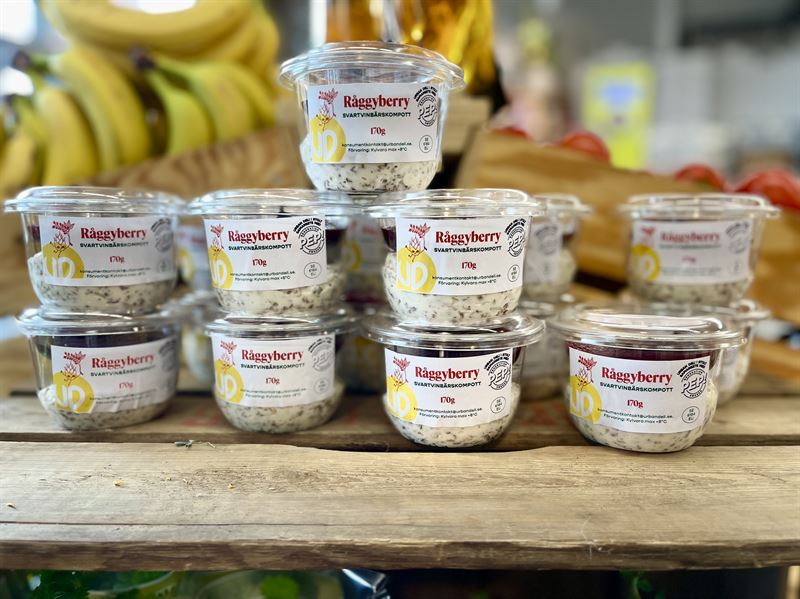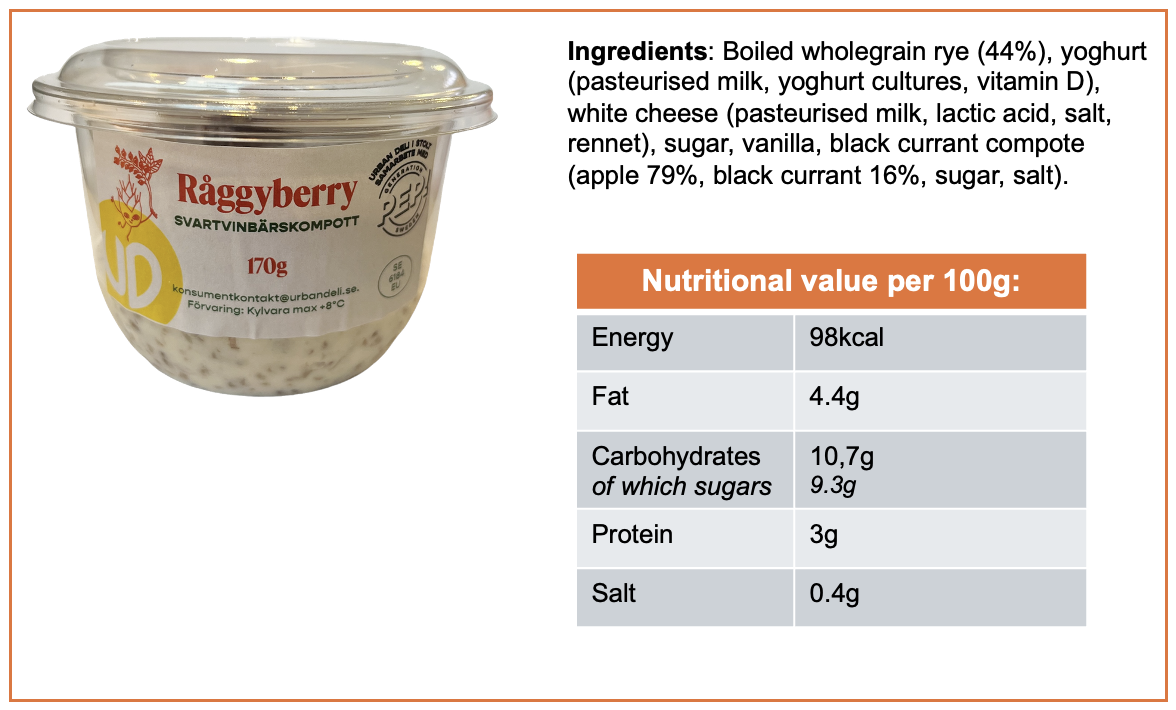If you are a product developer operating in the grains and plants space, you have most likely heard of phytic acid. With its ability to decrease the bioavailability of valuable minerals found in ingredients like wheat and rye, it is a headache for manufacturers all over the world. In Sweden, a research project has been launched to address these issues specifically, and it has resulted in a very interesting snack launch.
Named Mineralskiftet (the Mineral Shift), the focus of the research project is improving the bioavailability of essential minerals in grains. The project is funded by Sweden’s innovation agency Vinnova and is a collaboration between government-run regional development node MatLust, non-profit organisation Axfoundation (partly owned by Axfood, the second biggest player in Swedish food retail), food development company Hidden in Grains, grain producer Warbro Kvarn, and Chalmers University of Technology.
Using hydrothermal treatment, a method that has been around for centuries and that entails soaking grains at specific times, temperatures and pH levels, the researchers have managed to break down 99% of the phytic acid in grains. This has in turn led to the bioavailability of iron and zinc being boosted by up to four times, without changing taste or texture.
These ‘boosted grains’ have been brought to market for the first time in the form of a snack that combines the treated wholegrain rye (44%) with white cheese, yoghurt and fruit compote (28%). In taste tests the product got an 80% approval rating.

Named Råggyberry (“Råg” means “rye” in Swedish), the product is sold in single-serve 170g pots in high-end retailer Urban Deli and selected Axfood stores in Stockholm. If there is enough consumer demand, the plan is to roll out Råggyberry across Sweden under Axfood’s private label brand Garant.


